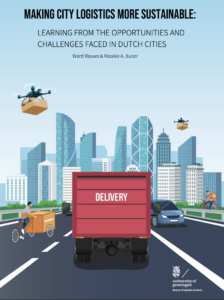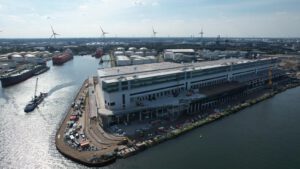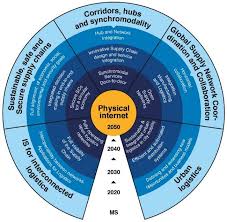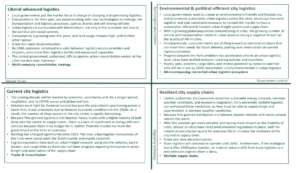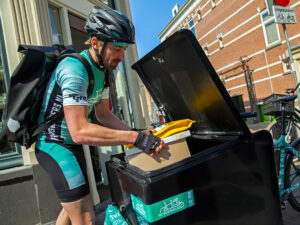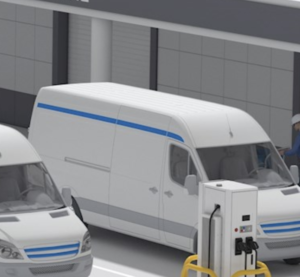Assessing the impacts of last mile delivery strategies on delivery vehicles and traffic network performance
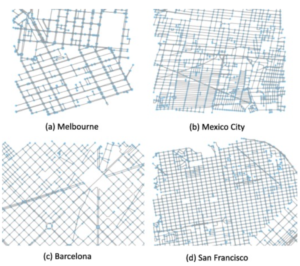
Urban freight is growing fast, and its adverse effects bring consequences for the residents, the environment, and the liveability of cities. Although understanding its dynamics has become a priority for governments, the multiplicity of actors with conflicting objectives makes it a significant urban planning challenge. A study by Juan E. Muriel et al. focuses on …

